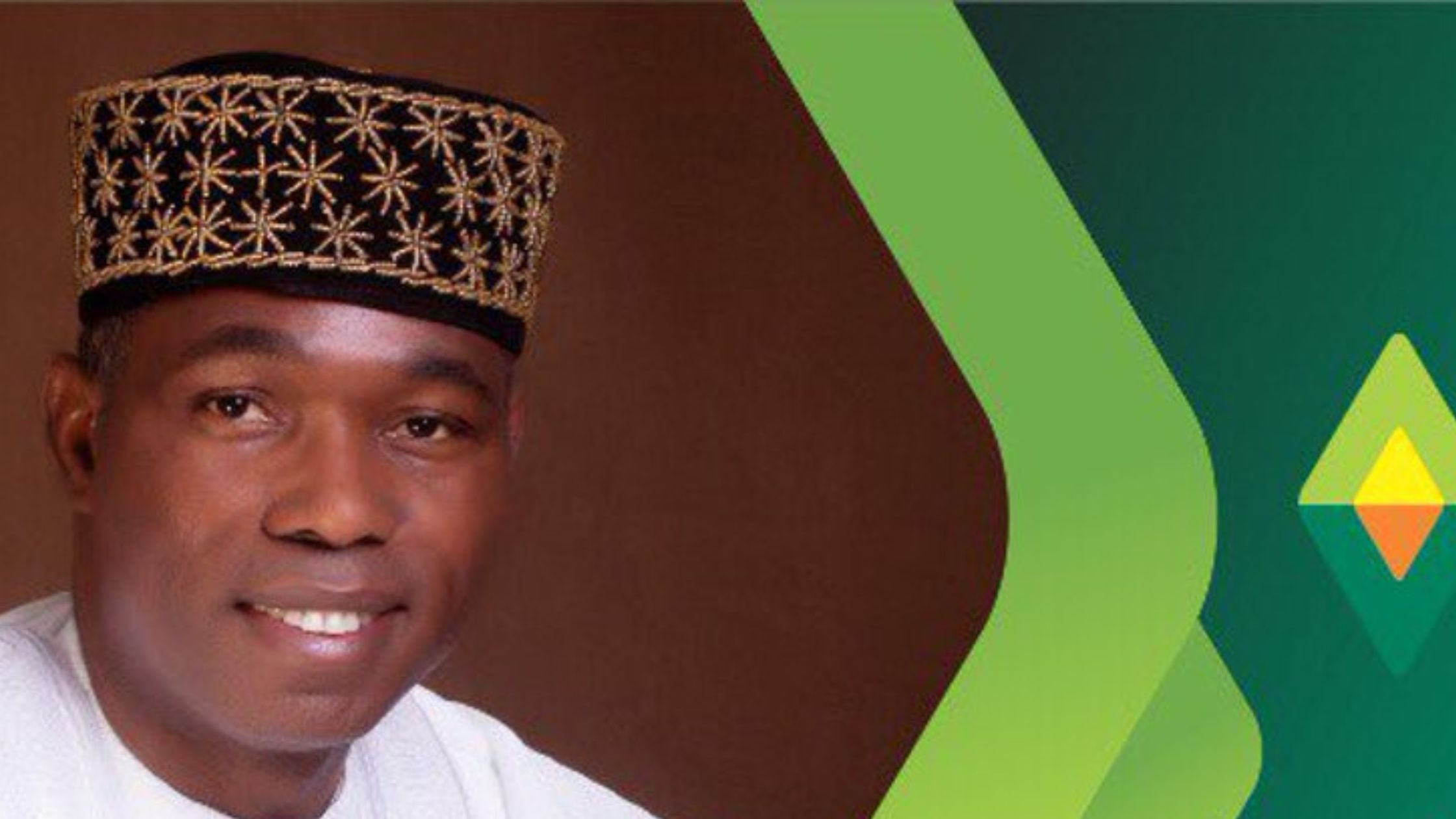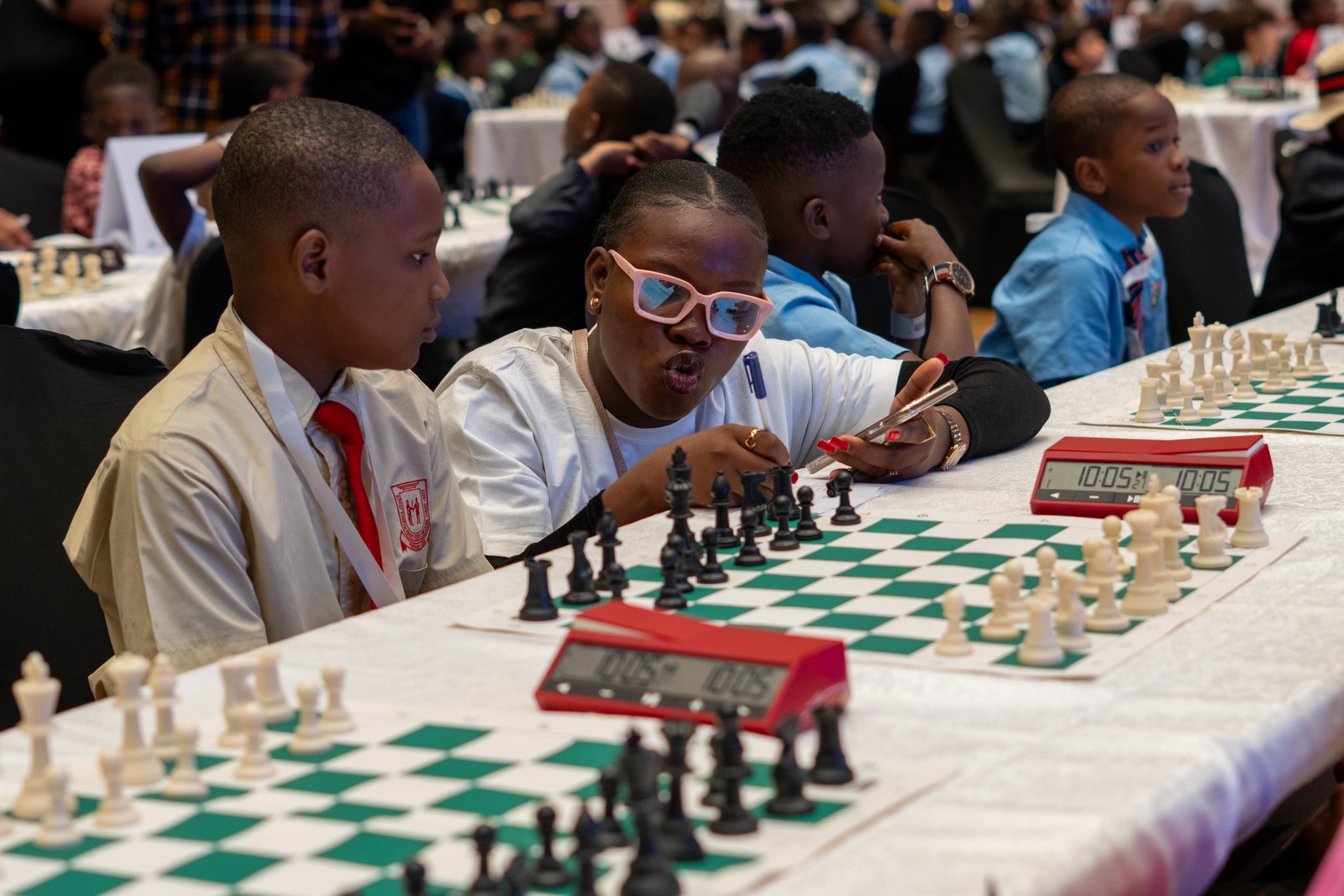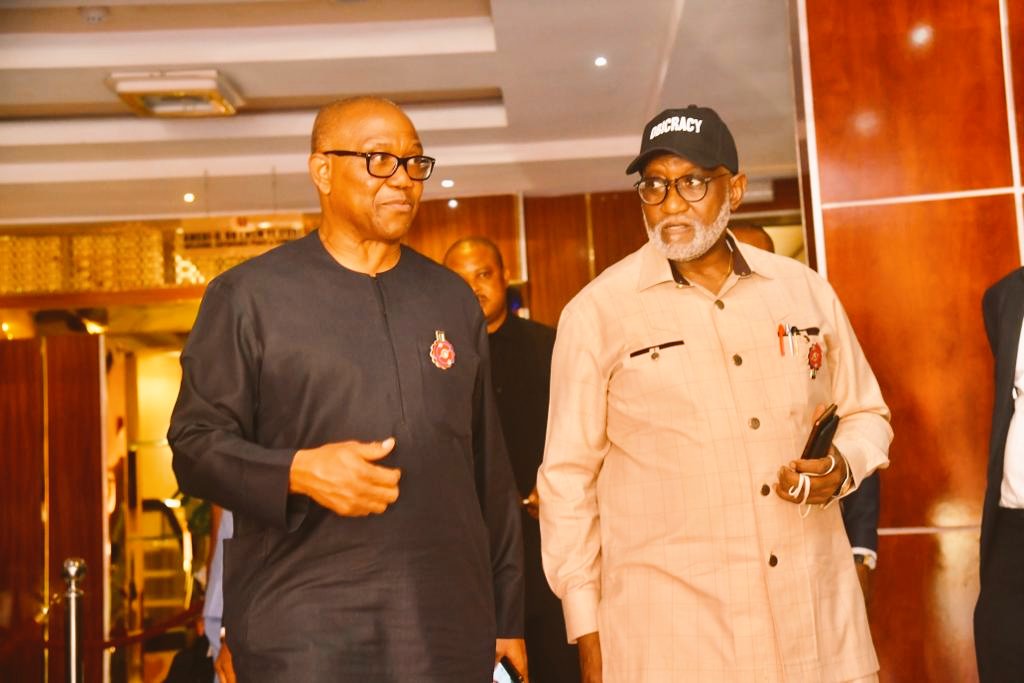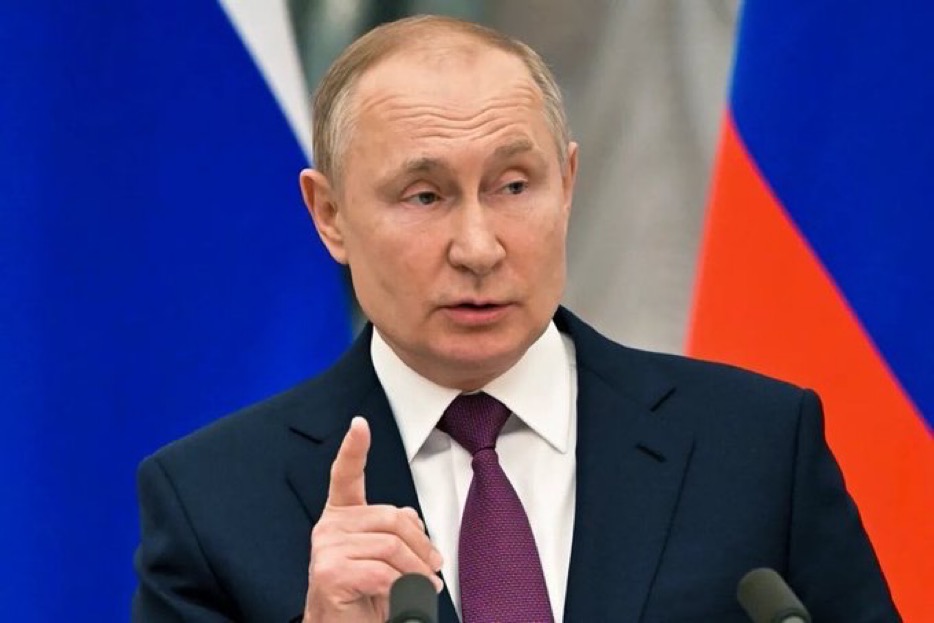Political defections often get the blame for Nigeria’s chaotic party system, but they’re not the heart of the issue. The problem isn’t that politicians switch sides—it’s why they do it.
Around the world, politicians change parties. Sometimes their values evolve. Sometimes the political landscape shifts. In mature democracies, defections can be principled decisions. But in Nigeria, they’re usually about personal interest, not ideology or public service. That’s where the damage happens.
Defections here tend to be transactional. A politician loses a primary, jumps ship. A party offers power, they join. The people—the voters—rarely factor into these decisions. That’s what erodes trust and breeds cynicism.
But banning defections or condemning every switch misses the point. The real fix lies in building strong institutions, promoting internal democracy within parties, and making sure every elected official is accountable, no matter their party label. It’s not about locking people into parties—it’s about demanding they stand for something, wherever they are.








Leave a Reply